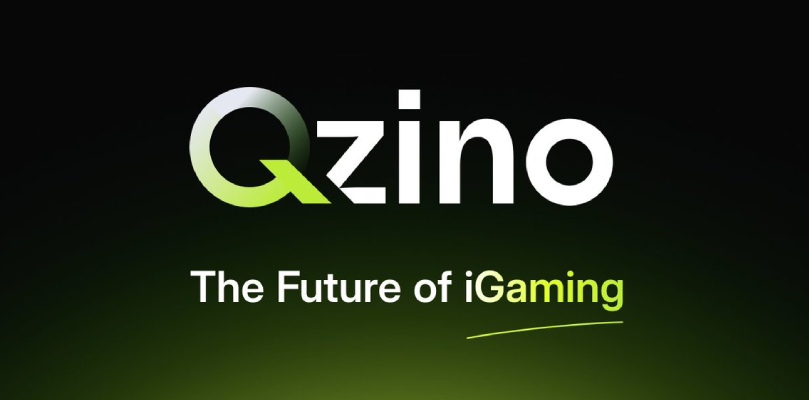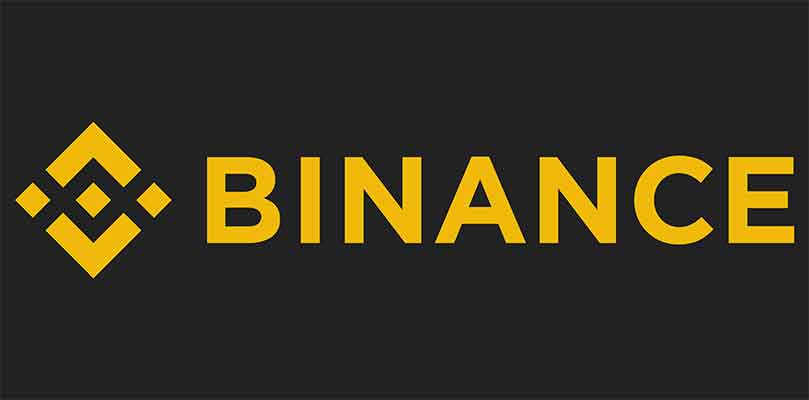Qzino, a fast-rising new entrant into the market, is shaking up the crypto iGaming space with the launch of its groundbreaking casino platform. By combining traditional online casino gameplay with AI-driven features and a unique profit-sharing model, the platform turns players into genuine stakeholders. Unlike standard casinos, Qzino distributes 50 percent of its total revenue back to token holders, offering players a real opportunity to profit from the platform’s success.
Leveraging AI and Blockchain
Qzino is built by an experienced team of more than 100 specialists with deep expertise in blockchain technology, iGaming, and product development. The platform runs on a custom-built engine designed for seamless user experiences, fast gameplay, and smooth interaction. What sets it apart further is its integration of AI technology. AI helps personalize the gaming experience, optimize user interfaces, and enhance engagement by suggesting games, refining gameplay mechanics, and ensuring that every session feels intelligent and tailored.
In addition to technology, legal transparency is a core pillar of Qzino’s offering. The platform operates under the Anjouan gaming license, adhering to international regulations and providing players with a secure, compliant environment.
Profit Sharing, Community Growth, and a Telegram Mini-App
One of the most exciting aspects of Qzino is its profit-sharing system. Rather than offering temporary promotions or bonuses, the platform shares half of its revenue with token holders. This creates a real financial incentive for users to engage not just as players but as partners who benefit from the casino’s growth and success.
Qzino’s rollout begins with a Telegram-based mini-app, designed as an easy, gamified entry point for users. The mini-app allows players to participate for free, offering daily spins on the Wheel of Luck. Prizes include USDT vouchers and points that will later convert into tokens during the platform’s launch phase. Users can also take advantage of a referral program that rewards them for bringing friends into the ecosystem. Importantly, all points and vouchers earned in this mini-app will transfer to the full platform when it goes live in autumn 2025.
Roadmap to Launch and a New Era for Web3 Gaming
Qzino’s roadmap is as ambitious as it is innovative. The upcoming “mining season” will gamify early participation, allowing users to accumulate points based on activity, tasks completed, and referrals. These points will directly impact the allocation of tokens during the Token Generation Event (TGE).
Post-launch, Qzino will introduce a range of engaging features, including a dividend pool that pays out regularly to participants, weekly crypto lotteries, and other mechanisms designed to reward loyalty and activity. Qzino aims to become one of the top five global crypto casinos within its first 18 months of operations. Beyond being a place to play, Qzino represents a shift in the Web3 gaming space. It offers a platform where users are not only players but also stakeholders in its future.

